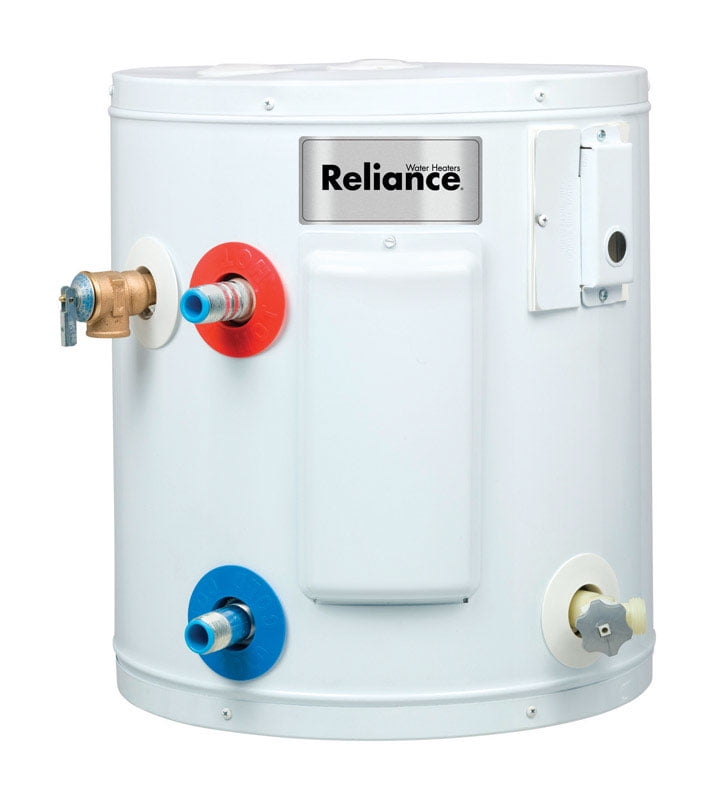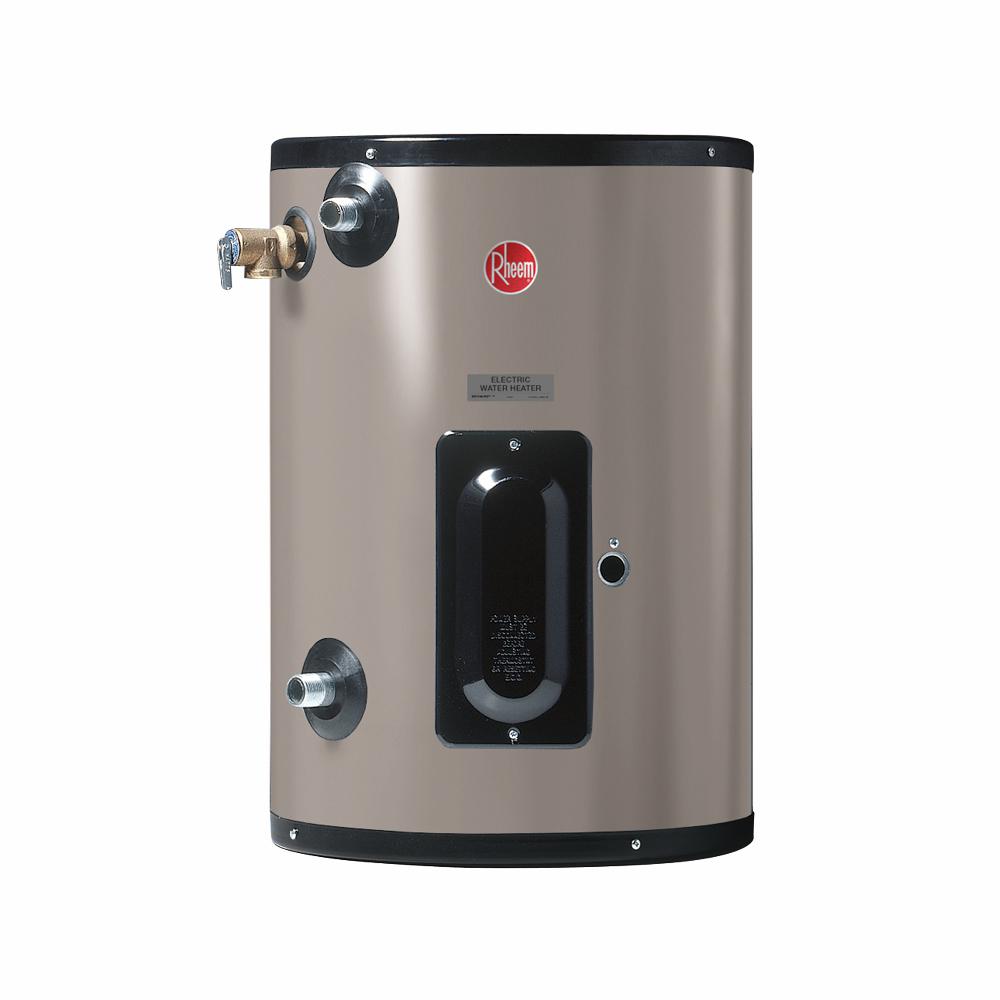10 gallon electric hot water heater
August 22, 2024
Published
May 23, 2023
Reliance 10 gal. 1650 Electric Water Heater - Walmart.com
Rheem Commercial Point of Use 10 Gal. 240-Volt 2 kW 1 Phase Electric
12 Most Asked Questions About Electric Water Heaters
1. What are the benefits of using an electric water heater?Electric water heaters offer several advantages, including: - Energy efficiency - Faster heating times - Easy installation and maintenance - Cost-effectiveness
 2. How does an electric water heater work?
2. How does an electric water heater work? An electric water heater uses one or two heating elements to heat the water stored in the tank. When a hot water tap is turned on, cold water flows into the tank and is heated by the electric heating elements. The heated water then rises to the top of the tank and is ready for use. 3. What is the capacity of the Reliance 10-gallon electric water heater?
The Reliance 10-gallon electric water heater has a capacity of 10 gallons, which is suitable for smaller households or point-of-use applications where a larger capacity is not required.
 4. What is the capacity of the Rheem Commercial Point of Use 10-gallon electric water heater?
4. What is the capacity of the Rheem Commercial Point of Use 10-gallon electric water heater? The Rheem Commercial Point of Use 10-gallon electric water heater also has a capacity of 10 gallons, making it suitable for point-of-use applications or smaller commercial settings.
 5. What is the difference between a residential and commercial electric water heater?
5. What is the difference between a residential and commercial electric water heater? The main difference between a residential and commercial electric water heater lies in their capacity and usage. Residential water heaters are designed for single-family homes and have lower capacity, while commercial water heaters are built to handle higher demand and have larger storage capacities. Commercial water heaters are suitable for businesses, multi-unit housing, or larger households with high hot water usage. 6. Are electric water heaters energy-efficient?
Yes, electric water heaters can be energy-efficient. Newer models are designed with improved insulation, efficient heating elements, and temperature regulation features, all contributing to energy savings. However, it is important to consider the overall energy consumption of the household or business when choosing a water heater. 7. What factors should I consider when selecting an electric water heater?
When choosing an electric water heater, consider the following factors: - Capacity and size - Energy efficiency rating - Installation requirements - Warranty - Cost-effectiveness 8. Can I install an electric water heater myself?
While it is possible to install an electric water heater yourself, it is recommended to hire a professional plumber or electrician for proper installation. Improper installation can lead to safety hazards and void the manufacturer's warranty. 9. How long does an electric water heater typically last?
The lifespan of an electric water heater can vary depending on usage, maintenance, and quality. On average, a well-maintained electric water heater can last between 8 to 12 years. Regular flushing and maintenance can help prolong its lifespan. 10. Can an electric water heater be used in conjunction with solar panels?
Yes, it is possible to combine an electric water heater with solar panels. A solar water heating system can preheat the water before it enters the electric water heater, reducing the energy required to heat the water and increasing overall energy efficiency. 11. Are there any safety precautions for electric water heaters?
Yes, it is important to follow safety precautions when using electric water heaters: - Avoid setting the thermostat temperature too high to prevent scalding. - Ensure proper ventilation and avoid storing flammable materials near the heater. - Regularly check for leaks and have any issues repaired promptly. 12. What are some common troubleshooting tips for electric water heaters?
Here are a few troubleshooting tips for electric water heaters: - Check the circuit breaker or fuse box to ensure power is reaching the heater. - Test the heating elements for continuity and replace faulty ones if needed. - Check the thermostat settings and adjust if necessary. - Flush the tank regularly to remove sediment buildup. - If problems persist, it is recommended to contact a professional plumber or electrician for further assistance.